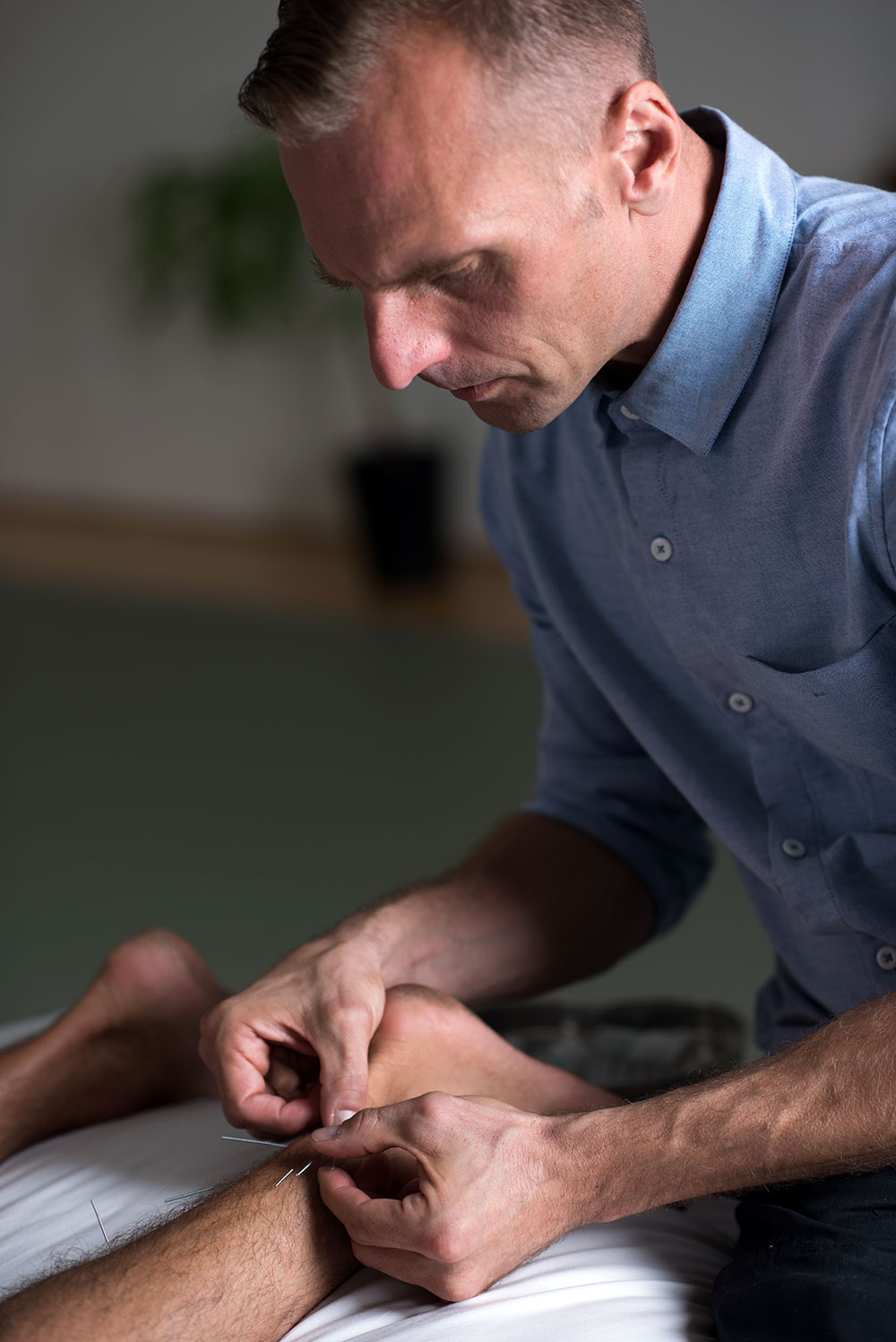Acupuncture
Fix Me offers two approaches to acupuncture
Neurofunctional acupuncture utilizes techniques like trigger points (dry needling), motor points, electroacupuncture, neurofunctional assessment, and a modern understanding of the nervous system with classical acupuncture principles and methods.
This approach proves particularly beneficial for:
Addressing musculoskeletal pain and dysfunction
Inflammation
Alleviating neuropathic pain
Managing persistent pain
Osteoarthritis
The treatment of scars
Traditional acupuncture is a branch of Traditional Chinese medicine (TCM) that originated in China thousands of years ago. TCM views the body as an energetic and interconnected system and is guided by the theories of Daoism, Yin-Yang, and the Five elements. Fix Me's approach to traditional acupuncture uses extensive massage and palpation to fine-tune diagnosis for a precise treatment with fewer needles.
Traditional acupuncture is especially suited for the following conditions:
Nervous system regulation: stress, anxiety, depression, fatigue,
Endocrine function: regulating hormones
Respiratory, digestive, reproductive
Immune function
Research
Reduce Inflammation: Acupuncture might possess anti-inflammatory properties, making it beneficial for conditions where inflammation is a contributing factor, such as arthritis.
Effect on the Nervous System: Acupuncture effectively balances the Autonomic Nervous System (ANS) by harmonizing its sympathetic (fight or flight) and parasympathetic (rest and digest) branches. It transitions the body from stress to relaxation, promoting a state of calm. Functional MRI studies also reveal that acupuncture activates brain areas involved in pain perception and modulation, showing significant changes in brain activity related to pain processing.
Regulate Hormones: Some studies suggest acupuncture may impact various hormones, including cortisol, the stress hormone. This regulation could contribute to reduced stress and overall improved well-being.
Pain Reduction: Acupuncture stimulates specific nerve fibres, sending signals to the brain and spinal cord. This can lead to the modulation of pain pathways, decreasing pain perception. One proposed mechanism is the "gate control theory" of pain, where the stimulation of non-painful input can close the nerve "gates" to painful input, thereby preventing pain sensation from reaching the brain.
Circulation: Inserting needles at specific points can improve local blood flow, which may help in reducing pain by promoting healing and reducing muscle tension.
Reserve:
Sunday: Closed
Monday: Closed
Tuesday: 2-7 (Westend)
Wednesday: 11-7
Thursday: 11-7 (Westend)
Friday: 11-7
Saturday: 10-5


